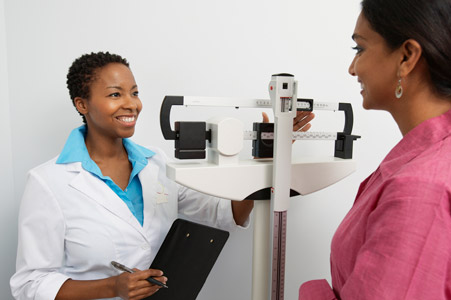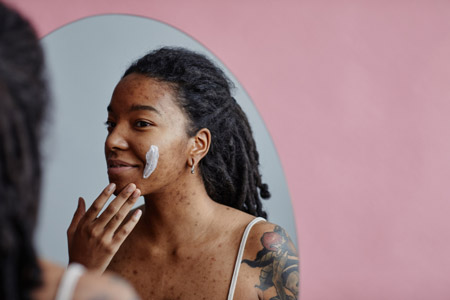


Are There Oral Medications for Acne?
If you’ve struggled with acne and topical (external) treatments haven’t given you the results you’re looking for, you might be wondering: Are there oral medications for acne?
The short answer is yes! Oral medications can be an effective option for many people with moderate to severe acne or for those whose skin hasn’t responded to creams, gels, or over-the-counter remedies.
Let’s explore some of the oral medications on the market today that can help address acne.
Types of Oral Medications for Acne
Oral Antibiotics: Oral antibiotics, such as doxycycline and minocycline, are often prescribed to reduce inflammation and bacteria in the skin. They work by targeting the bacteria that cause acne, particularly Cutibacterium or Propionibacterium acnes. These medications are typically used for a short period to avoid antibiotic resistance.
Hormonal Treatments: For individuals whose acne is hormone-related, such as women experiencing breakouts around their menstrual cycles, hormonal treatments can be a game-changer. Oral contraceptives (birth control pills) containing estrogen and progestin can regulate hormones and reduce oil production. Another option is spironolactone, a medication that blocks the effects of androgens (male hormones) on the skin.
Isotretinoin (Accutane): Isotretinoin is a powerful oral medication for severe cystic acne that hasn’t responded to other treatments. It works by significantly reducing oil production, shrinking oil glands, and decreasing inflammation. While highly effective, isotretinoin requires close monitoring by a dermatologist due to potential side effects, including dry skin, mood changes, and birth defects if taken during pregnancy.
Is Oral Treatment Right for You?
It’s important to keep in mind that oral medications are typically recommended for more persistent or severe acne and are often combined with topical treatments to enhance results. However, like any medication, they come with potential side effects, so it’s important to consult a dermatologist to find the best solution for your unique skin type.
The information on this site is for informational purposes only and should not replace direct medical advice, diagnosis, or treatment from your doctor or another qualified healthcare provider.
Sources:
“Antibiotics for acne.” DermNet.
“Birth Control Methods That Clear Up Acne: What To Look For and How It Works.” Cleveland Clinic.
“Isotretinoin: The truth about side effects.” American Academy of Dermatology Association.





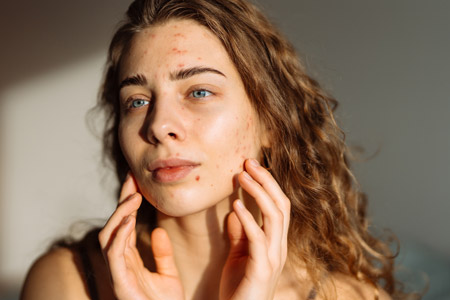













.jpg)





















.jpg)








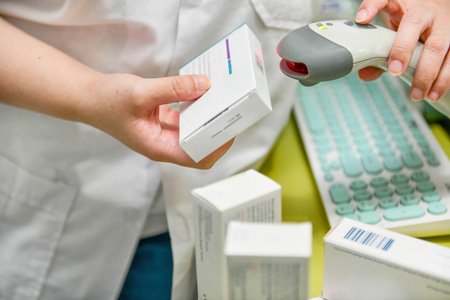





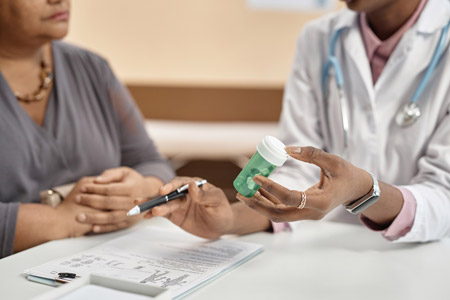


.jpg)



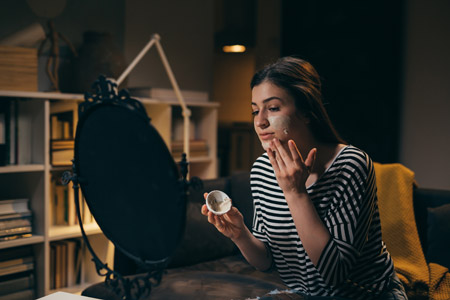












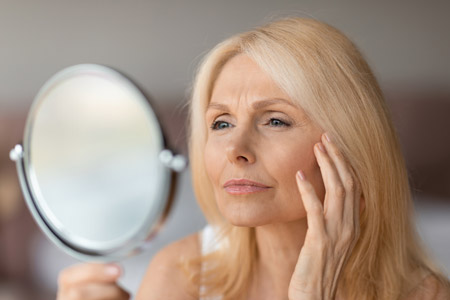








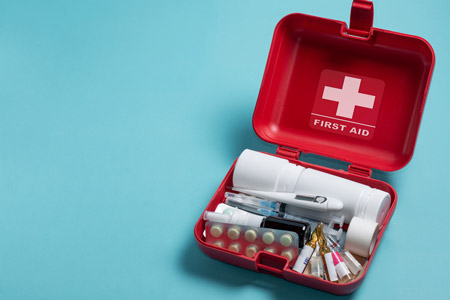
.jpg)
.jpg)
.jpg)


